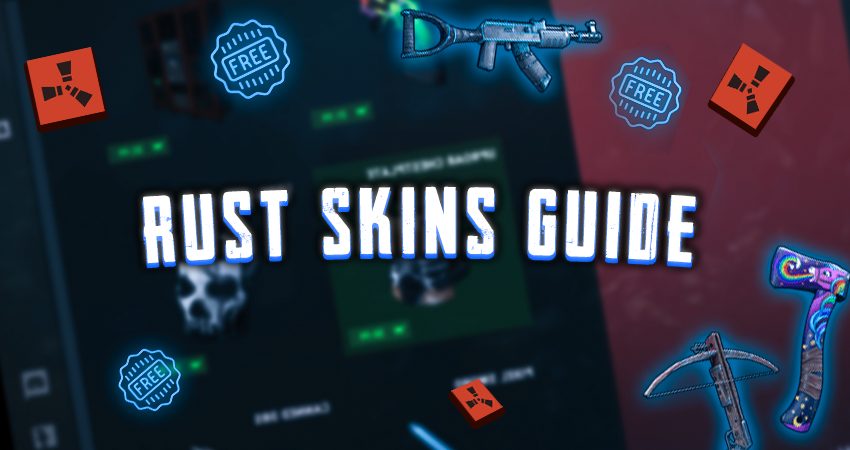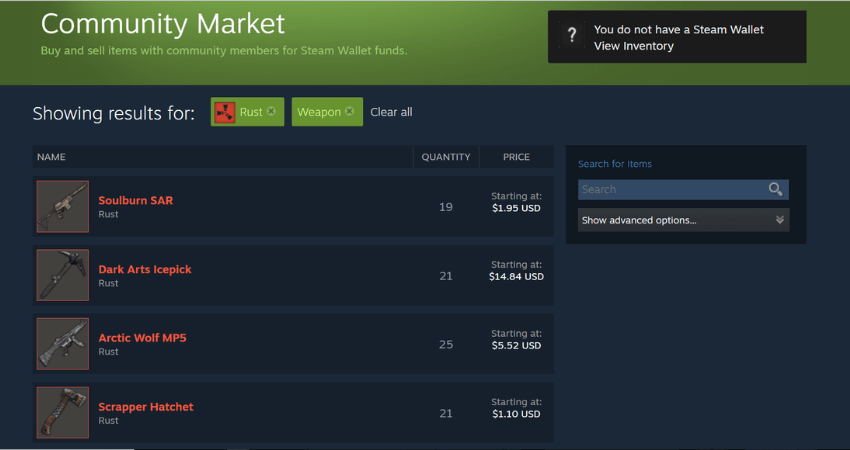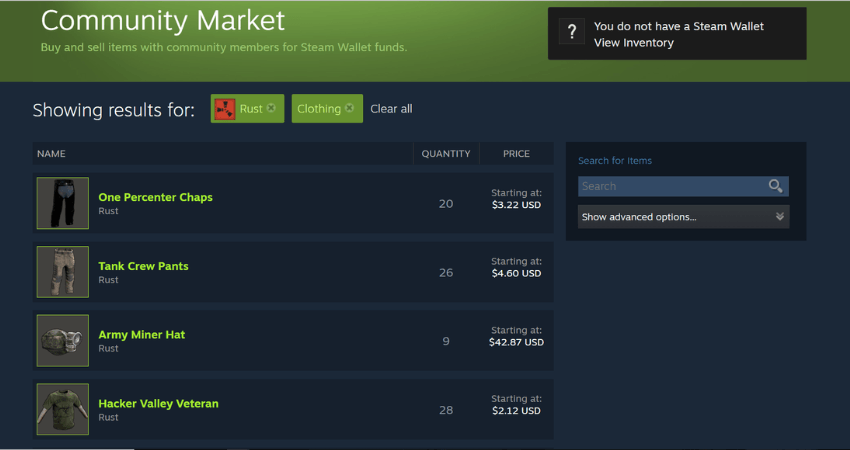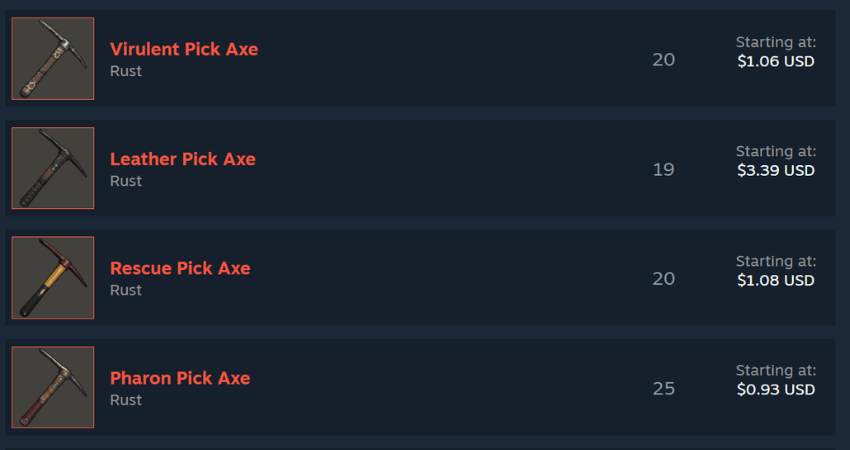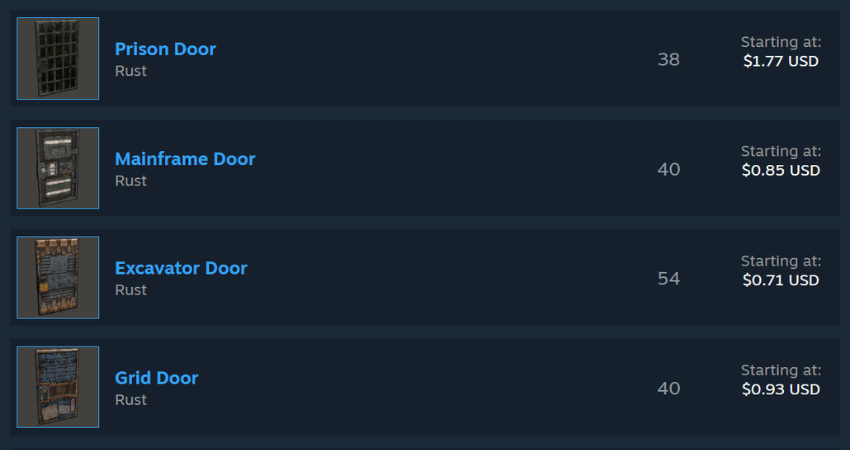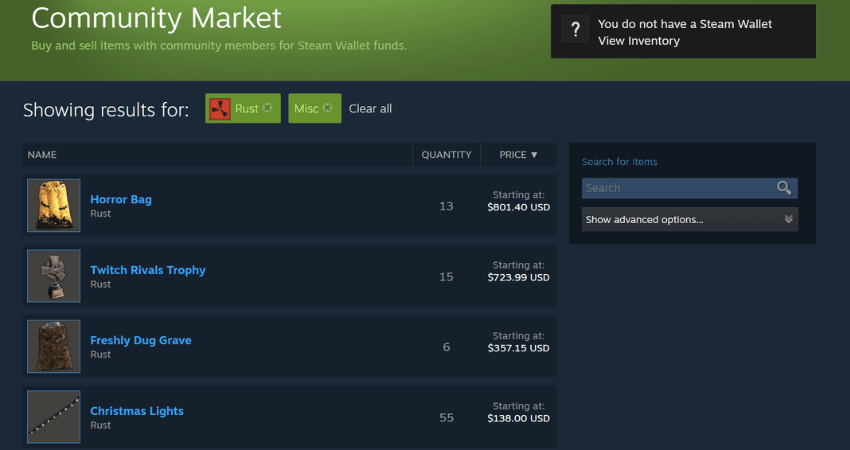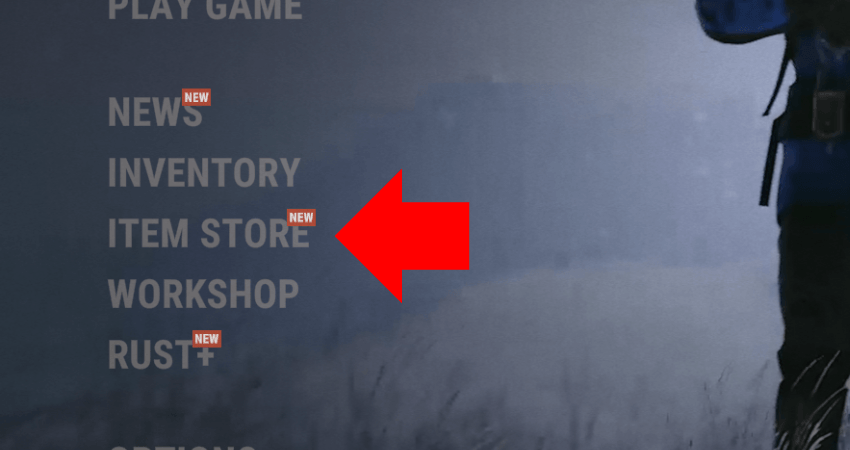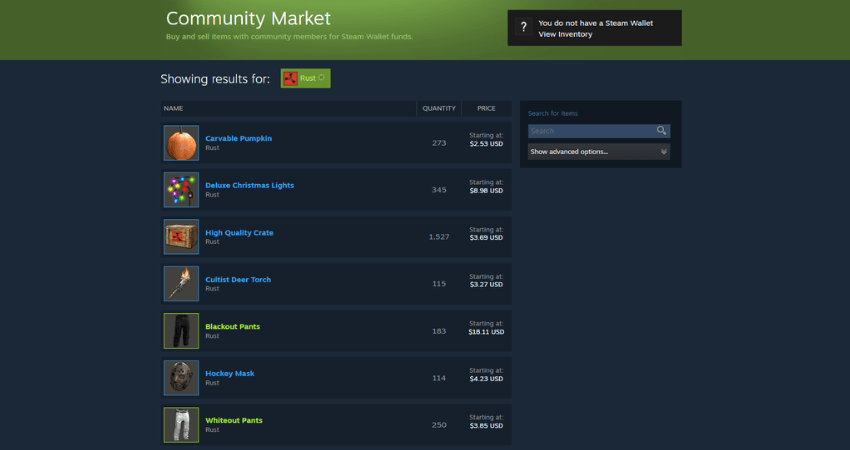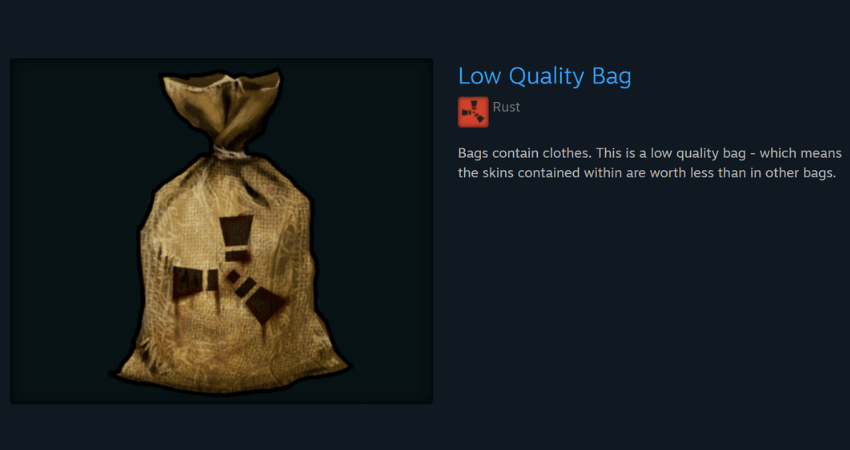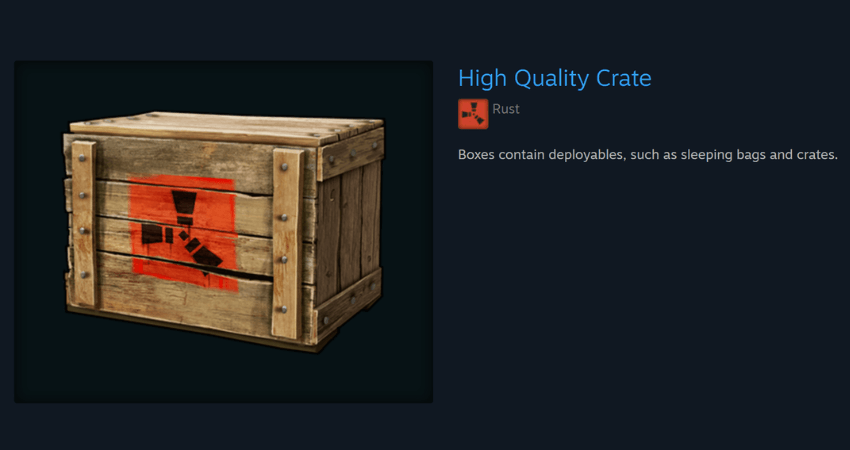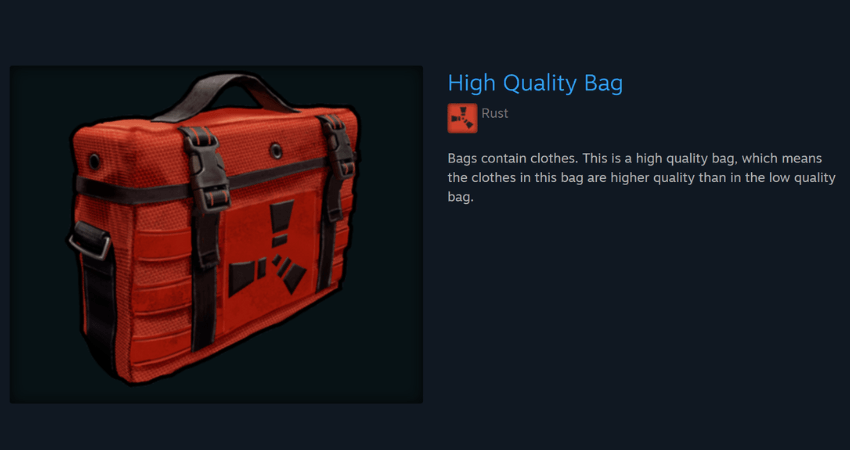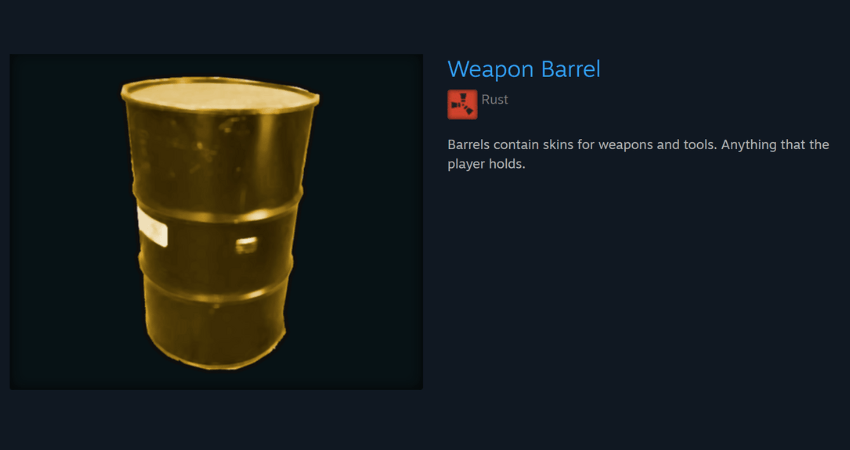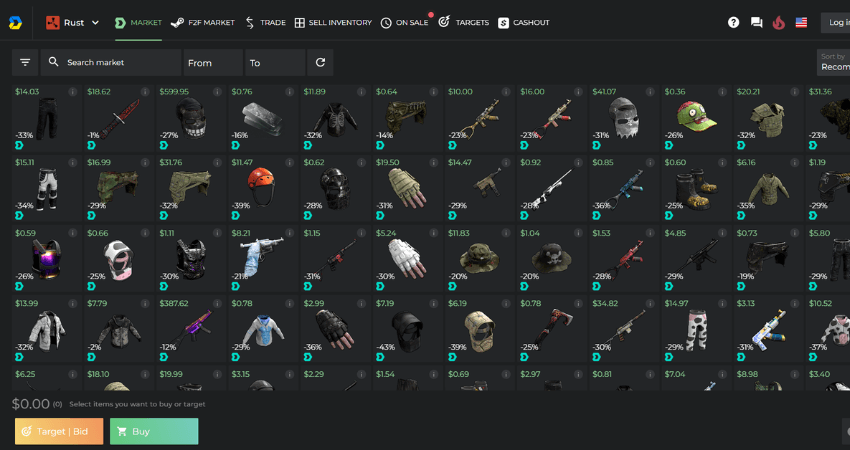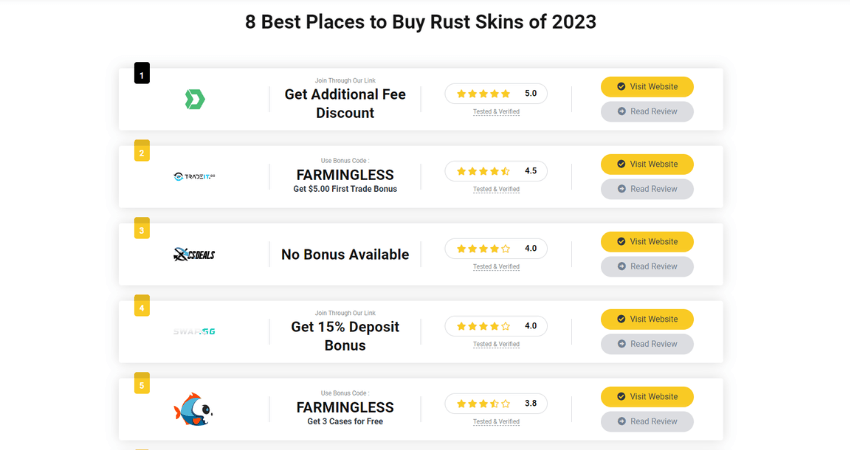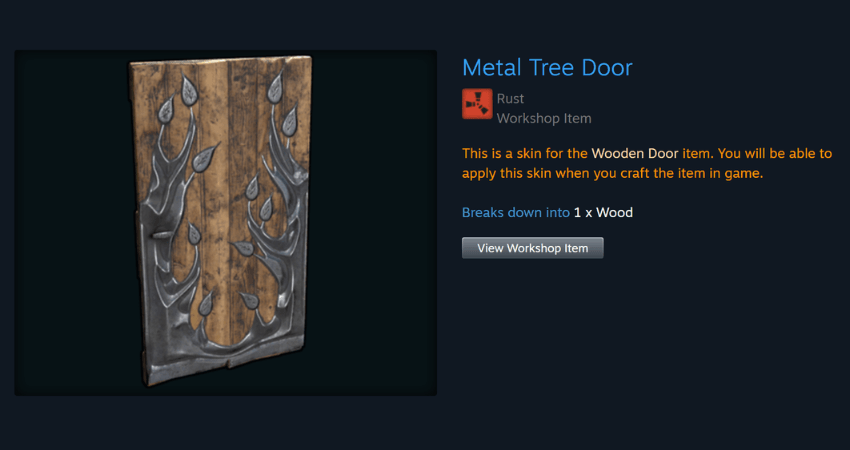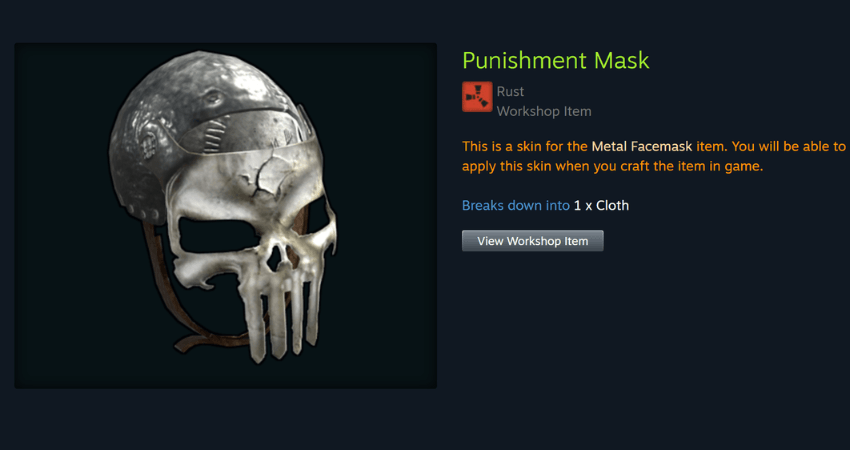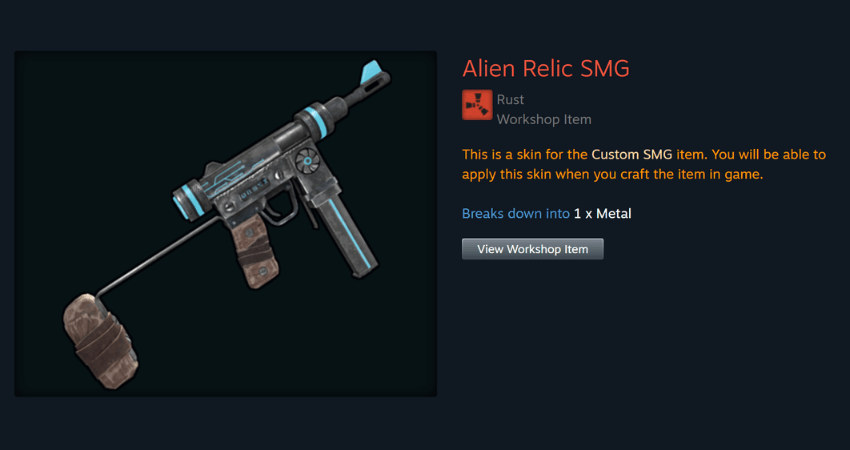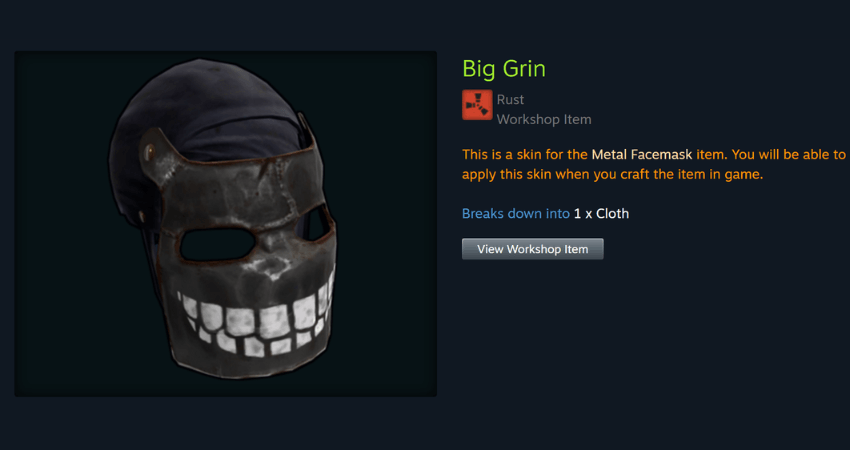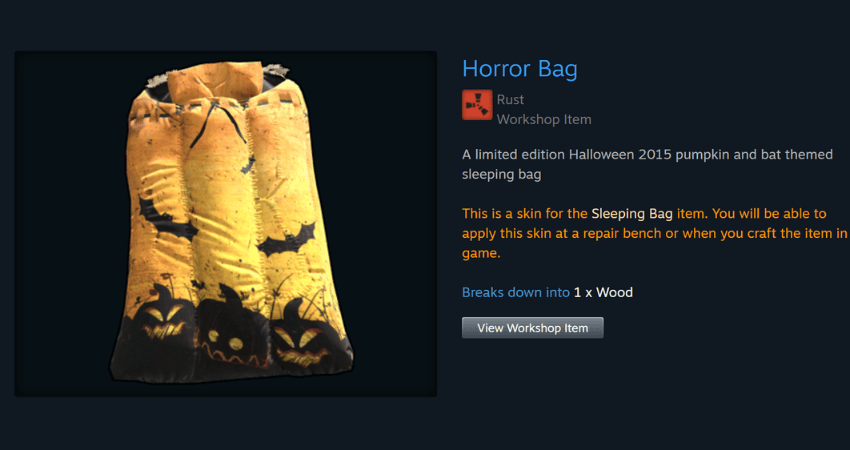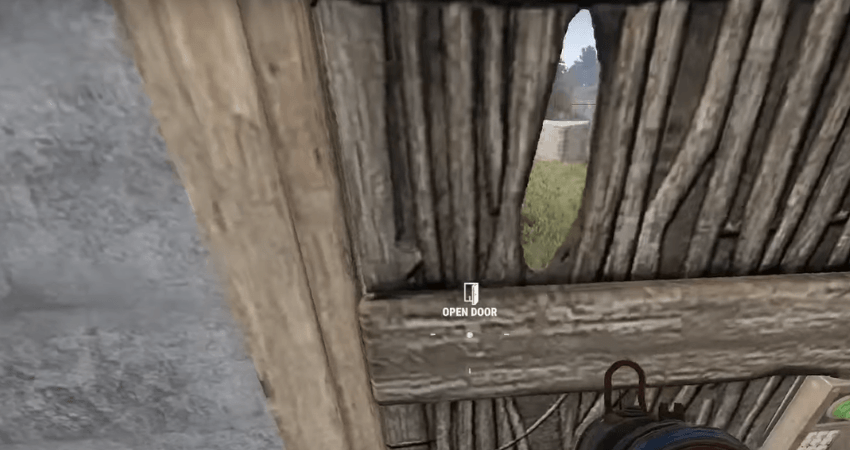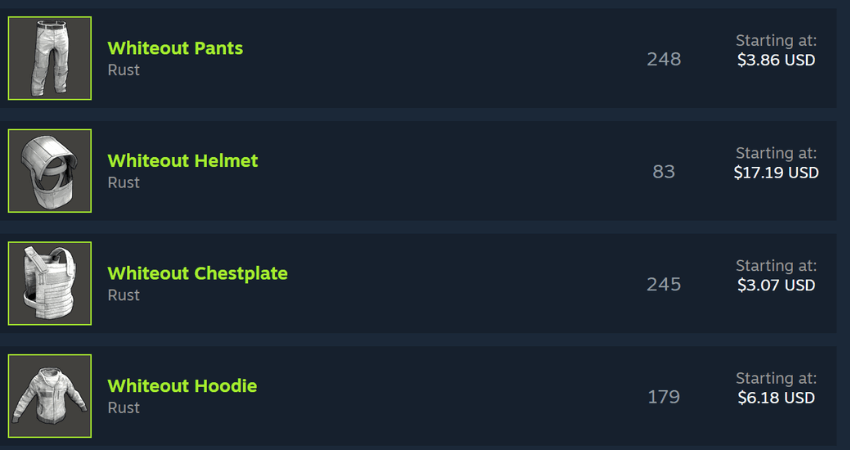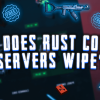If you want to customize the look of your in-game character in Rust, if you want to change the appearance of your weapons, or if you want to add your unique flavor to the base you are about to build, then you need Rust skins. Rust skins are cosmetic items that players can equip and use in a Rust server, showing them off to their friends or random players they meet in the game. However, there still needs to be some clarification on how Rust skins work. To clear up all the confusion, here is a complete Rust skins guide explaining what they are and how to acquire them. This article was updated in 2025.
Key Takeaways
- Rust offers players the ability to personalize their in-game experience through skins, allowing customization of weapons, attire, tools, construction items, and more.
- Skins in Rust are categorized based on the items they can be applied to, including weapons, attire, tools, construction items, and miscellaneous objects, enabling players to personalize every aspect of their gameplay.
- Players have several options to acquire Rust skins, including the in-game item store, Steam Community Market, opening crates, third-party marketplaces, and even through free drops. Each method offers distinct advantages and considerations.
- Certain Rust skins hold considerable value due to their rarity and aesthetics. Expensive skins like the Metal Tree Door, Punishment Mask, and Alien Relic SMG can fetch prices upwards of $1000 on the market.
- While most skins are cosmetic, some possess pay-to-win elements that impact gameplay. These elements include features like glow-in-the-dark iron sights, see-through doors, and clearer weapon models, which can influence tactical advantages in different situations.
Rust Skin Types
Rust has a plethora of skins and cosmetic items that players can equip and use in the game. However, like most video games, skins in Rust aren’t just limited to weapons. In fact, skins in Rust are primarily classified by the item type they can be applied to. Here is a detailed explanation of all the skin types available in Rust.
Weapons
First up, we have the weapons. Since Rust is a first-person shooter survival game, it is a no-brainer that it would have weapons. These weapons include guns, knives, crossbows, and rocket launches. Some popular skins available for Rust weapons include the Polymer Pump Shotgun, AK-47 From Hell, the Dragon Launcher, and the Fire and Brimstone Grenade.
Attire/Wearables
The next skin type is attire or clothing. When you start a game of Rust right after a fresh server reset, or if you are new to a particular server, your in-game character won’t have any clothes on them. You must explore the map, find Cloth and other materials, and craft clothes like a T-shirt or Pants.
Besides clothes, you can also craft armor and other wearable items like caps and boots. All of these wearable items have skins. For example, Rockstar Boots, Leather Bonnie Hat, Rust Goalkeeper Shirt, Road Cone Helmet, or the Punishment Mask.
Tools
Rust is primarily a survival game. Therefore, the game has building, crafting, gathering, and chopping mechanics. To use those mechanics, you need tools. For example, to chop down trees, you need a Hatchet. Or, to break larger rocks into smaller ones and gather them, you need a Pick Axe.
Like wearables and weapons, there are also skins available for certain tools. Some popular Rust tool skins include the Ancient Amber Stone Hatchet, the God of Builders Hammer, the Gravel Stone Pickaxe, and the Apocalyptic Hatchet.
Construction
One of the flagship game mechanics in Rust is construction. With the construction system in the game, players can build entire castles with armored doors, gates, and more. The construction items available in Rust also have skins. These skins allow gamers to customize and accessorize their bases according to their unique tests and styles.
Misc
Once you’ve constructed your dream base, it’s time to fill it up with stuff. This stuff includes chairs, furnaces, storage boxes, and vending machines. These items also have skins that help you customize the interior of your brand-new base.
How To Get Rust Skins?
If you want your first Rust skin, there is good news. There are multiple options available that players can use to acquire Rust skins. Go through all the methods explained below and choose the one that best fits your preferences.
Rust Item Store
The first choice that almost every Rust player looks into when considering getting a few skins is the in-game item store. To access this item store, launch the game, go to the homepage, and click the “ITEM STORE” option from the main menu.
The item store in Rust works like any other in-game store. It has a selection of skins that you can purchase. All purchases you make at the in-game store use funds from your Steam wallet. However, the selection of available skins in the item store keeps rotating each week, with new skins being added and the old ones being replaced.
Steam Community Market
The prices for skins at the Rust in-game item store are always fixed. Plus, the selection of skins that you can purchase from the item store is a little limited. And, if you are eyeing a particular skin and it isn’t available on the item store right now, you will have to wait until it’s added through the weekly rotation.
If all those issues sound like a deal breaker, you can always check out the Steam Community Market. The Steam Community Market is the official marketplace for tradable skins for Steam games like Dota 2 and CS2.
Gamers who don’t need their skins anymore can list them for sale on the Steam Community Market, where other players can go through all the listings and purchase the skins they like. The best part about the Steam Community Market is that you can find Rust skins for lower prices than what’s available in the item store.
Opening Crates
Another popular way of acquiring Rust skins is by opening Skin Crates. Skin crates in Rust work similarly to cases in CS2. When you open a crate, you get a random skin, which can be worth a lot of money on the Steam Community Market or a common skin that is not worth a lot.
You can acquire crates by purchasing them from the Steam Community Market or craft them using cloth, wood, and Metal. The amount of each item required to craft a create depends on the crate type. The type of crate also determines the rarity of skins that can potentially drop from it. There are a total of 4 crate types in Rust, including:
- Low-Quality Bag: This is the cheapest crate type in the game. To craft this, all you need is 10 Wood. Plus, you only get common skins from this crate.
- High-Quality Crate: The high-quality crate is the game’s most popular option since it provides the best bang for the buck. You need 5 Cloth and 10 Wood to craft it.
- High-Quality Bag: This is a rather expensive option, requiring 70 Cloth, 5 Wood, and 1 Metal to be crafted. However, it does have a decent selection of skins.
- Weapon Barrel: Considering how difficult it is to acquire Metal, the weapon barrel is the most expensive on this list and costs 10 Metal, 5 Cloth, and 5 Wood.
To acquire Metal, Cloth, and Wood, you need to break down skins from your inventory. The type of material you get depends on the type of skin. For example, if you break down a T-Shirt skin, you’ll get one piece of Cloth each.
Third-Party Marketplaces
Besides the official marketplace for tradable skins for Steam games, there are multiple third-party marketplaces with many skins listed for sale. There are even marketplaces dedicated to Rust skins. At these marketplaces, users can list their Rust skins for sale, and other players can check those listings out and purchase the ones they want.
There are multiple benefits of using third-party marketplaces. Firstly, you can find some of the rarest skins on these marketplaces that aren’t available on the Steam Community Market. Secondly, the prices available at some of these marketplaces are much lower than the Steam Community Market.
Finally, third-party Rust skins sites allow users to make payments through regular cash transfer methods like Visa, Mastercard, Paypal, or online wallets. You can even sell your Rust skins for real cash and make withdrawals using similar methods.
However, there is one big issue with third-party marketplaces, which is scams. We don’t want to paint a negative picture since there are a lot of trustworthy and legitimate marketplaces where a huge chunk of the Rust player base goes for selling and purchasing Rust skins. But there are a few bad apples in the bunch.
The problem is that filtering out all those bad apples would take a lot of time and effort. Fortunately, we have already done all the effort for you. After reviewing multiple third-party marketplaces, we created a list of the best places to buy Rust skins. You can select any platform from our list, and you won’t have to worry about getting scammed.
Free Drops
Fortunately, there is also a way that you can acquire Rust skins without spending a single penny. To do that, all you have to do is play the game, and the Rust random skin drop system will take care of the rest. This drop system gives you a random skin for free just for playing the game. With this drop system, you can even get crates.
Most Desirable and Expensive Skins in Rust
Because of their visual appeal and rarity, certain Rust skins are very expensive, costing upwards of $1000. Here are the most expensive and desirable skins in the game right now.
- Metal Tree Door: This is the most expensive skin for Rust, and it costs almost $2000, with the highest buy request of $1,988.00 currently on Steam. While it looks like any other door, its rarity is what makes it expensive.
- Punishment Mask: The Punishment Mask was removed for copyright reasons several hours after being available for sale, making it one of the rarest skins in Rust. The only way to get it now is by trading or purchasing from other players. This skin costs around $1900.
- Alien Relic SMG: The Alien Relic SMG skin is one of the most desirable skins in the game because of its unique glow-in-the-dark blue accents. Players are willing to pay up to $1400 for this skin.
- Big Grin: Up next, we have another mask skin. It is one of the first skins to be released in the game and one of the rarest. To acquire this skin now, you must spend around $700 to $800.
- Horror Bag: Finally, we have the horror bag. This skin has drastically increased in price over the years, with the maximum buyer request of around $600 on Steam. However, this one is unavailable on the Steam Community Market, like all other skins in this list. You’ll have to purchase it from third-party marketplaces.
Pay to Win Rust Skins
While most skins are purely cosmetic, some skins in the game have pay-to-win elements. To learn more about whether Rust is a pay-to-win game, check out our complete explanation of exactly that. Here are all the types of pay-to-win elements that you can see in certain Rust skins.
Glow In The Dark Iron Sights
Rust has a day and night system, where combat can occur when the sun is up or down. At nighttime, aiming at enemies is very hard since weapons only have iron sights. However, certain weapon skins have glow-in-the-dark iron sights, which makes aiming in the dark much easier. Examples of such skins include the Alien Relic SMG and the Glory SAR.
See Through Doors and Gates
When you are inside your base and have locked the doors, the only info you get about the outside world is sound. However, certain door skins have see-through spots that you can use to gain info on what’s happening outside. For example, the Twig Door has two sections you can see through.
Clearer Weapon Models
Another issue with a lot of weapons in the game is that they block a major portion of your screen, preventing you from being able to see enemies in front of you. However, certain skins drastically alter the weapon model, allowing you to see much more stuff in front of you. Some popular examples include the Imp SAR and the Cargo Heli Crossbow.
Hard To See Attire
In a survival game like Rust, hiding from enemies is an extreme advantage. However, certain skins are so hard to see in certain environments that enemies can practically be right in front of you, and you won’t be able to spot them. An example of this is the Whiteout set.
Conclusion
Rust is one of the most popular survival first-person shooters out there. Fortunately, the game offers a plethora of skins that you can equip to stand out from the crowd. Now you know all there is to know about Rust skins and where to get them. Just make sure you use trusted platforms if you buy skins from third-party marketplaces.
FAQ
What are Rust skins?
Rust skins are cosmetic items that allow players to customize the appearance of their in-game characters, weapons, tools, construction items, and more.
How do I acquire Rust skins?
Rust skins can be obtained through various methods: in-game item store, Steam Community Market, opening crates, third-party marketplaces, and free drops while playing.
Can I trade or sell Rust skins?
Yes, you can trade or sell Rust skins on platforms like the Steam Community Market or third-party marketplaces for real money or in-game items.
Are there valuable Rust skins?
Yes, certain skins are highly valuable due to rarity and demand. Examples include the Metal Tree Door and Alien Relic SMG, which can be worth thousands of dollars.
Do Rust skins affect gameplay?
Most skins are purely cosmetic, but some offer pay-to-win elements, like clearer models or improved visibility in specific situations.
How does the Steam Community Market work?
The Steam Community Market allows players to buy and sell skins using real money or Steam Wallet funds, offering a wide selection beyond the in-game store.
Are third-party marketplaces safe?
While many third-party marketplaces are trustworthy, there’s a risk of scams. Stick to recommended platforms and research before making purchases.
Can I get Rust skins for free?
Yes, playing the game can yield free skin drops. Rust’s random skin drop system rewards players with skins while playing.
Can I use Rust skins on all servers?
Rust skins can be used on servers that have the skin system enabled. Some community servers might have restrictions or special rules regarding skins.
Can I use skins across different accounts?
Skins are generally tied to your Steam account. You can use them across multiple servers and game modes within your account.
Can I refund or return purchased skins?
Once a skin is purchased, it’s typically non-refundable. Check the refund policy of the platform you’re buying from before making a purchase.
Are Rust skins available on all platforms?
Rust skins are available primarily on PC through Steam. Availability on other platforms like consoles may vary.
